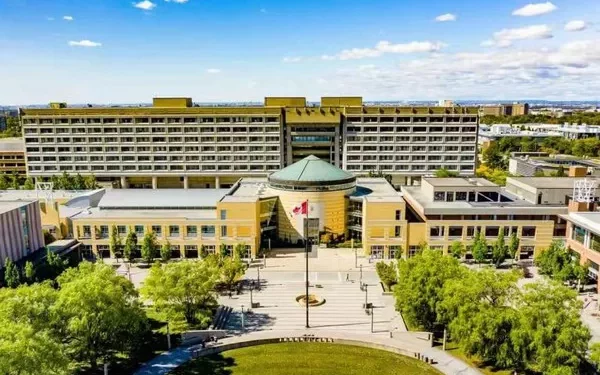Canada has a suitable and livable environment, and many people apply for immigration to Canada every year. The immigration policy of Canada is what many friends want to know.
Then follow here Xiaobian together to understand the latest policy of Canadian immigration in 2022, the latest policy of Canadian EE and provincial nomination quota greatly increased, according to the Canadian Federal Immigration and Immigration Department, Canada is expected to receive 330,000 immigrants in 2022, the overall immigration quota increase by 7%!
Most new immigrants are approved as permanent residents because highly skilled immigrants not only fill existing vacancies in Canada but also help create more jobs.
Expand preferential policies for Chinese applicants 1. Allow Chinese visa applicants over the age of 60 to obtain visas as soon as possible;
2. Allow Chinese applicants to pay visa application fees through UnionPay;
3. Chinese students can obtain a student visa without 8 months.
Before the English requirement was lowered, Canada’s immigration policy was that applicants had to have a level of English or French in order to apply for naturalization, and only IELTS scores were accepted.
But Canada now allows permanent residents between the ages of 18 and 54 to have more ways to prove their language proficiency meets the requirements.
The parent reunion visa, which allows holders to apply for an extended stay visa, is actually a form of cross between a regular family visit visa and a parent reunion immigration, and a temporary way for children to keep their parents close to them.
And now the super visa policy has changed, the cardholder can apply for an extension, as long as the application is submitted 30 days before the expiration of the visa, the application is approved, even before the visa expires, they can legally continue to stay.
In terms of naturalization, Canada has abolished the requirement of staying in Canada for four years and 183 days in a year in the past six years, greatly reducing the time required to live in Canada. As long as you stay in Canada for three years, you can be naturalized. Even if you move outside Canada after naturalization, you will not have the freedom of movement due to the cancellation of citizenship.




















